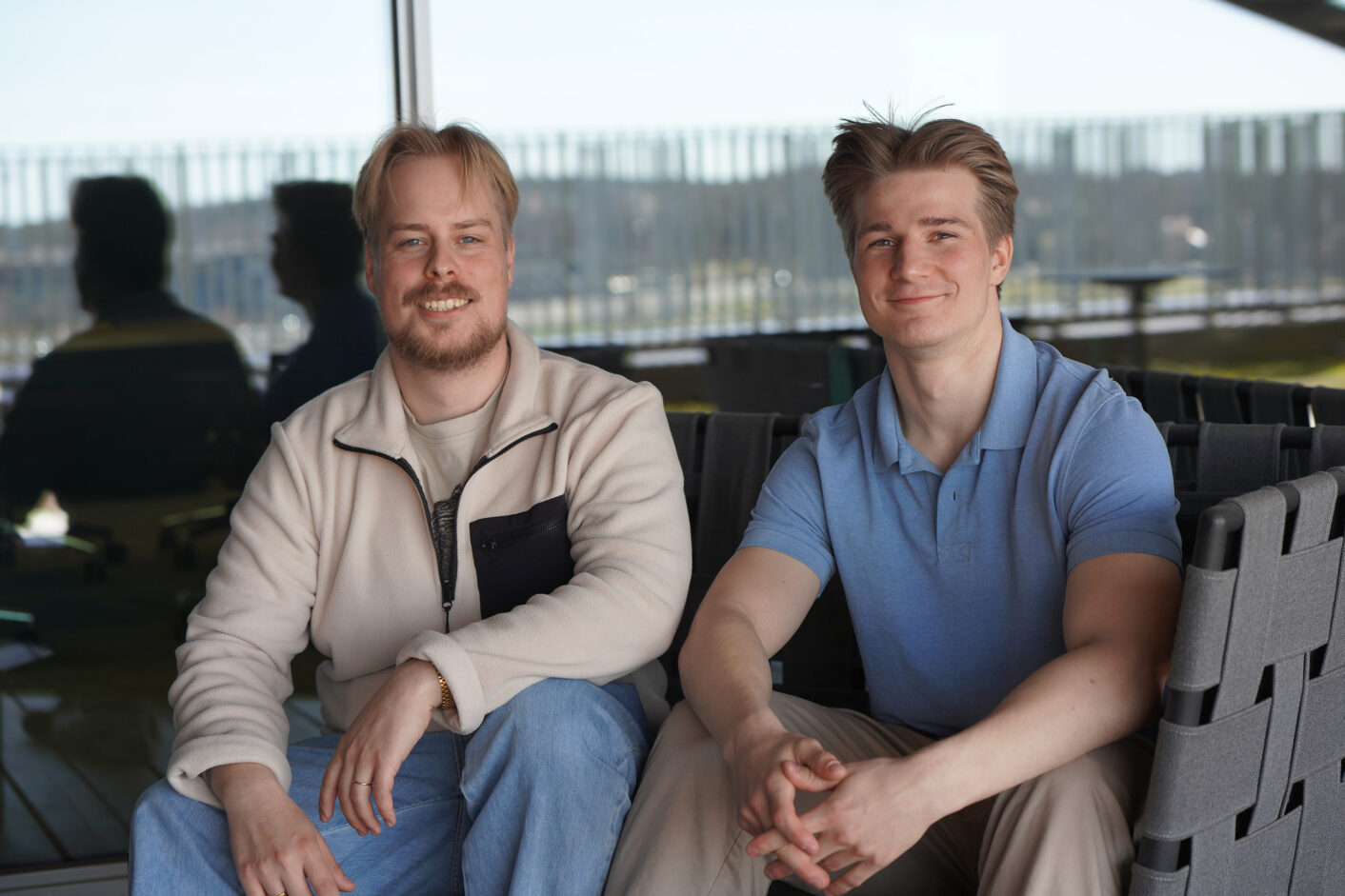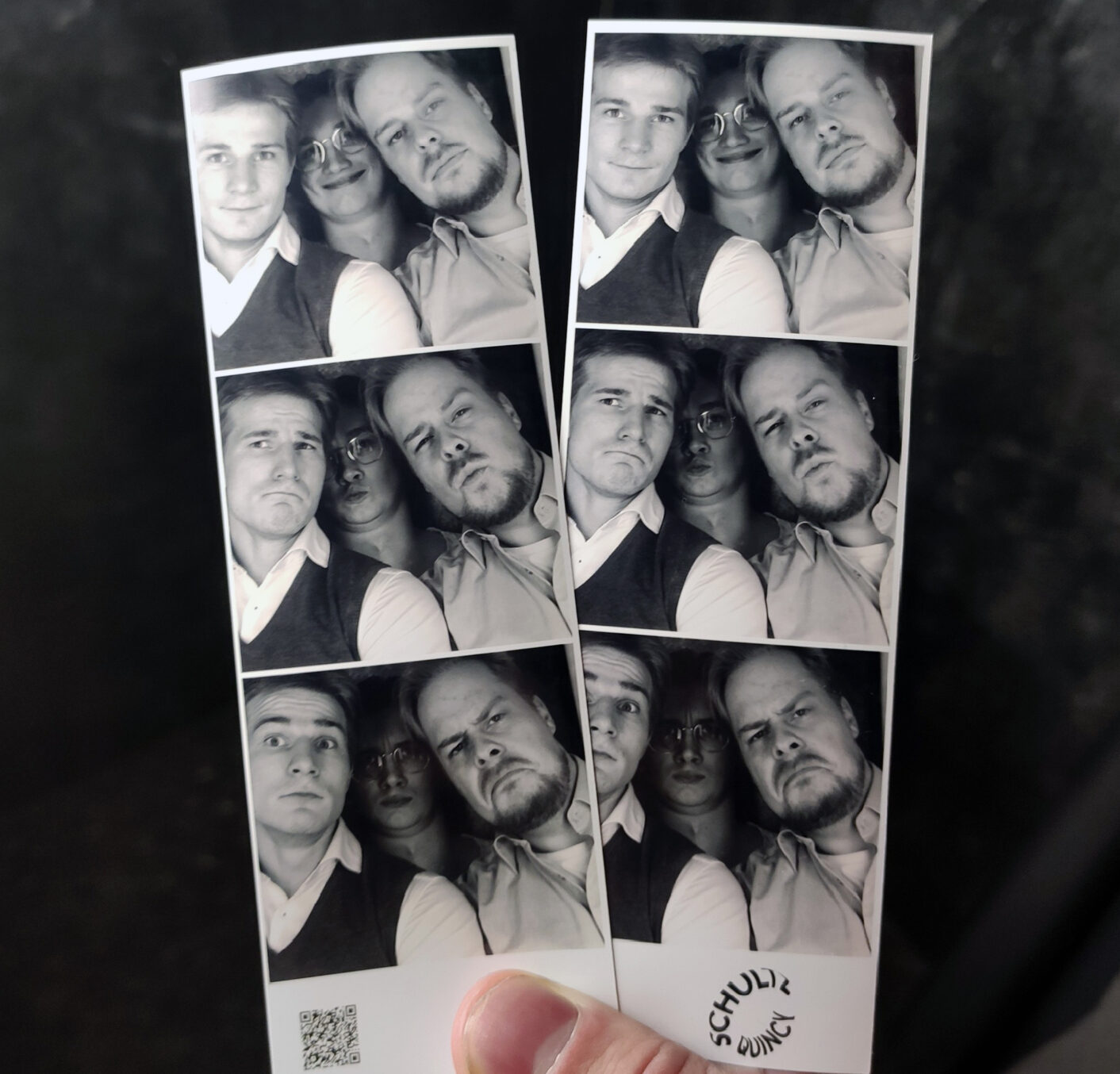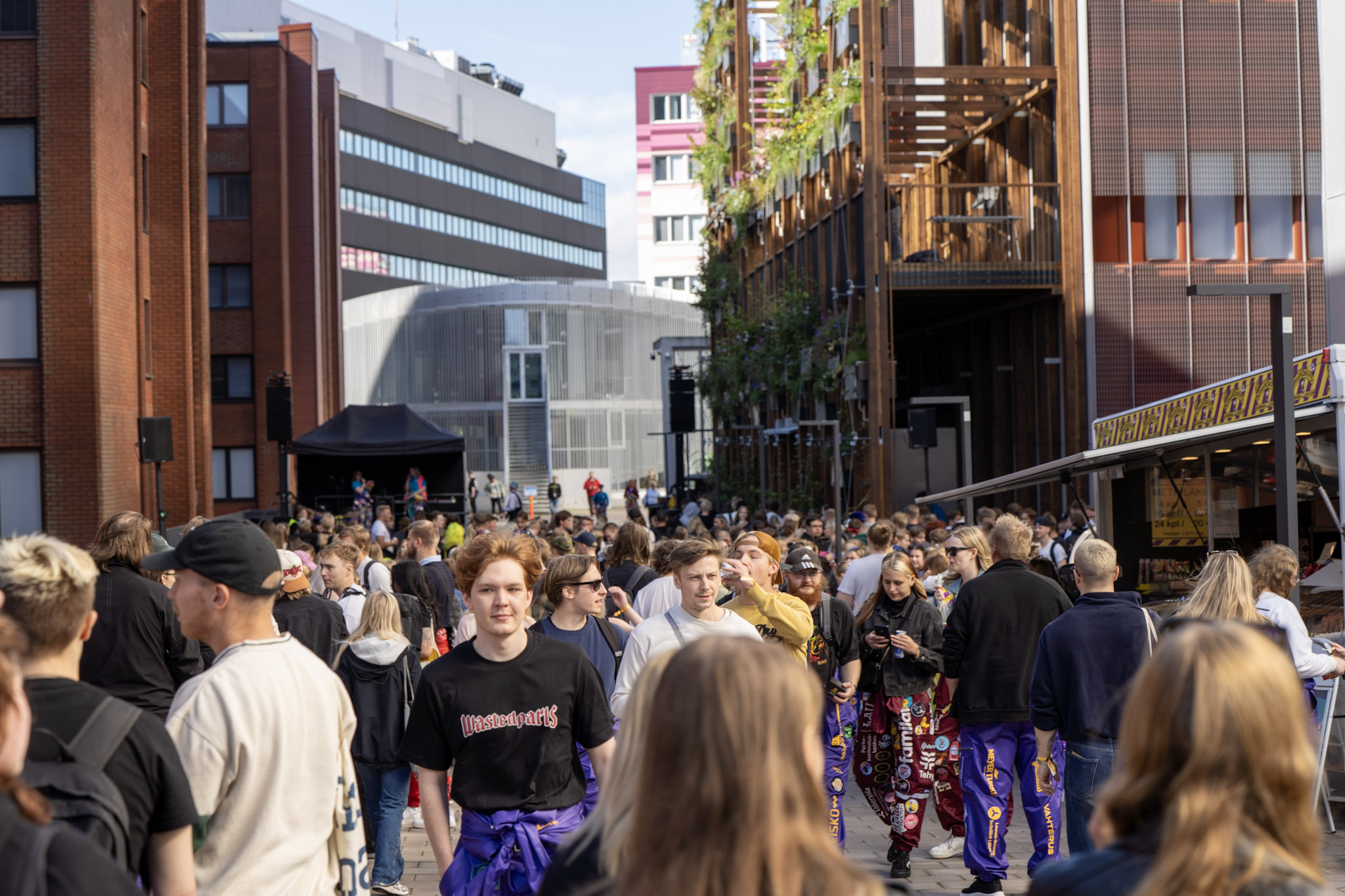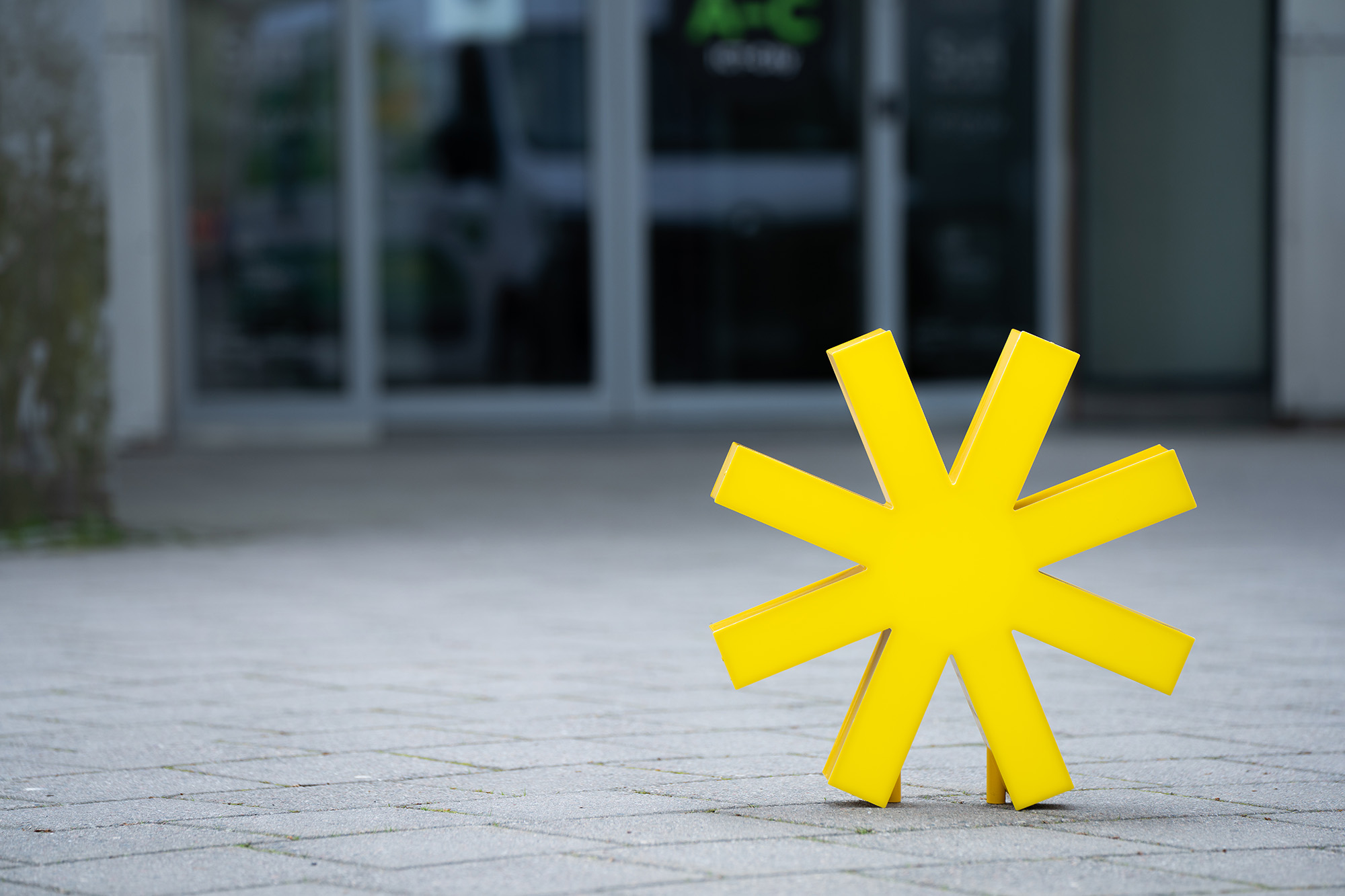Internationalisation does not always have to be sought through exchange studies lasting several months. Industrial Management and Engineering students Topi Turpeinen and Atte Niskakoski were inspired by a week-long short exchange.

Published:
Edited:
Text and photo: Mari Loikkanen
Affordability, ease and fun were the factors that convinced Topi Turpeinen and Atte Niskakoski to go on a short exchange.
Industrial Management and Engineering students of Turku University of Applied Sciences have the opportunity to participate in a week-long short exchange, which is organised once every six months in different countries. When Topi Turpeinen went on a short exchange to Spain, it was his first trip abroad beyond Finland’s neighboring countries. In addition, it was his first flight.
− I felt that the short exchange was just the right way for me to try travelling and learn about internationality. After that, I was so encouraged and excited that I immediately applied for another short exchange to Germany, says Turpeinen.
Atte Niskakoski had just returned from a year-long exchange in Japan when he heard about the possibility of a short exchange.
− Of course, I decided to apply there as well. After my experience in Japan, I felt that I wanted to learn about the cultures of different European countries. A short exchange sounded like fun, says Niskakoski.
The aim of the short-term exchange is to internationalise and develop teamwork skills, language skills and responsibility.
The theme of the week: future skills
Turpeinen and Niskakoski were part of a group of six students who went from Turku UAS to Aschaffenburg, near Frankfurt, Germany.
− Before the trip, we had to do some pre-tasks and get to know the other exchange students virtually. We prepared well in advance for the week, they say.
In Germany, the week focused on future skills in an international environment: for example, interaction skills, empathy and resilience. The theme was explored in different ways during the week and group activities were carried out.
Students from different European countries come on short exchanges and you get to know your future classmates in advance, from a distance. Once there, you meet for real and split up into groups, mixing different nationalities so that you can get to know as many people from different countries as possible.
− The short exchange is a very intensive process. The days are long and there are evening activities on top of that, says Niskakoski.

The day’s programme consisted of lectures, activities and visits. Turpeinen and Niskakoski describe that there were about 12 hours of activities per day, including an organised evening programme after the lectures.
− For example, one night we had a rally simulator booked and on a couple of nights we had a restaurant booking.
It was particularly interesting to get to know all the students from different countries in the teams.
− There was one local student in each team and everyone else came from elsewhere. At the same time, it gave you a bit of perspective on what for example the French or Germans are like, Turpeinen says.
Learn about the different cultures of Europe
The exchange also included visits to different companies. The company visit allowed teams to work out different scenarios that could happen in the company. In a German pet food company, for example, the teams had to come up with a solution for what to do if the factory suddenly ran out of raw material.
The exchange week ended with presentations by the teams. Both Turpeinen and Niskakoski felt that the short exchange made it easy to learn about European cultures, education and how different people work.
− It’s interesting to see how things are done in different cultures. Finns get straight down to business, while in other countries people talk more. We Finns stood out because we were more used to working in groups, says Niskakoski.
Both recommend short exchanges, especially for those whose life situation is not suited to longer exchanges.
− If you have any interest in internationality, you should go. And you should be proud of your English! Even the lowest language proficiency level is sufficient. We Finns have such a good basic level of English that you can surely manage, Turpeinen and Niskakoski say.
Get to know
Read next
-
News

The new semester has started – welcome students!
The autumn semester and the new academic year has begun! The start of the semester and the new students have been celebrated with the traditional Keltanokkabileet (KNB) organised…
-
News

650 study places available at Turku University of Applied Sciences in the Joint Application
the Joint Application starts on Monday September 1 and ends on September 11. Turku University of Applied Sciences has 15 Bachelor’s and 13 Master’s degree programmes included in…
-
Press Release

Turku UAS launches StartLab to make students’ business ideas come true
Turku University of Applied Sciences will offer mentoring for all its students to develop their own business ideas. A StartLab will be established where students can go for…
